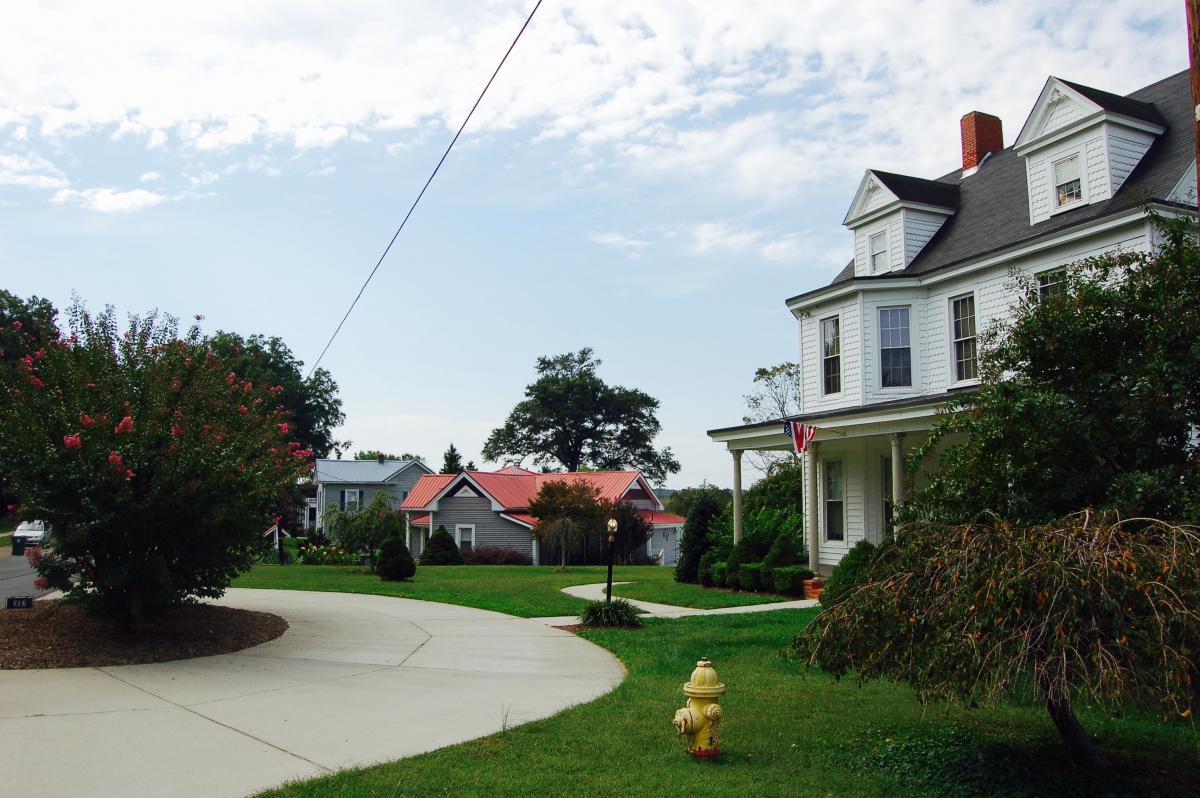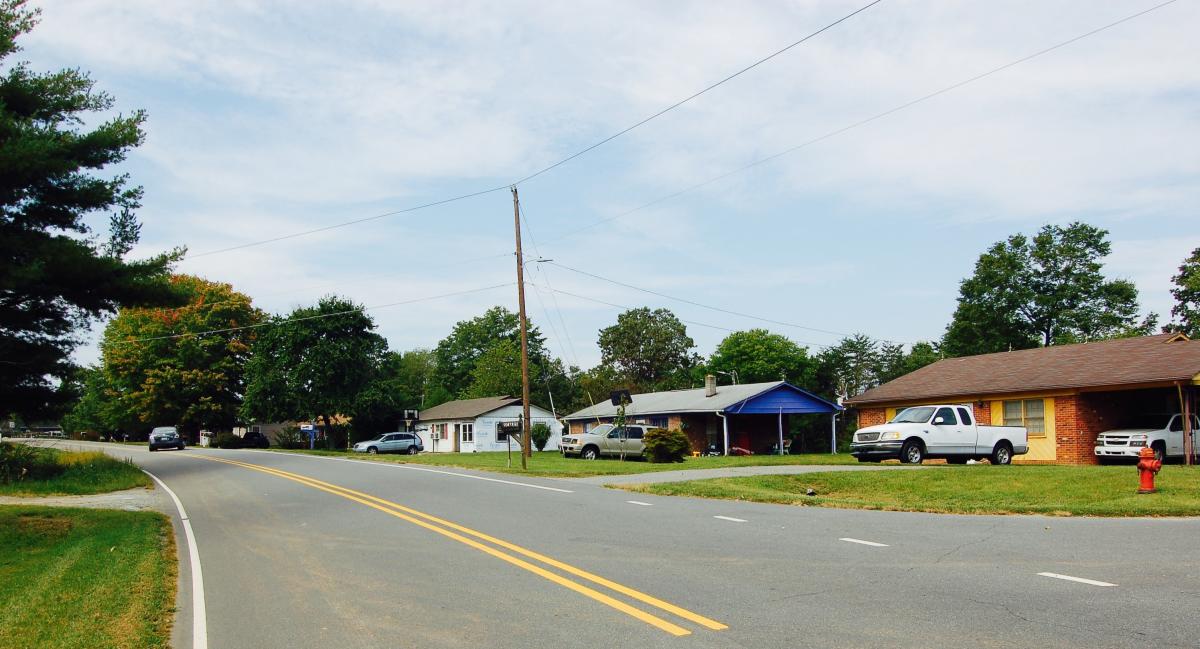A predominantly black community in the Triad is suing a mostly white town nearby. Residents in the Walnut Tree neighborhood say they want to be incorporated into the Town of Walnut Cove so that they can receive the same city services and rights as their neighbors.
It's a decades-long controversy, and Winston-Salem State University professor Russell Smith says historically, these battles have played out all over the country.
He told WFDD's David Ford it's often a mix of politics, money and race.
Interview Highlights

On early research into why municipalities choose not to extend their boundaries:
One of the bigger case studies was done by geographer [Charles] Aiken who coined the term “municipal underbounding.” What he saw was, in the Mississippi Delta region, existing, predominantly white cities not annexing black neighborhoods next to the city, not providing services, not bringing them in…even though these places are urban. Then you get into the component of what's the rationale behind that. Is it purely economic? If it's going to cost too much for the water service, sewer service, extending police, fire, garbage collection—all those city services—you might say, ‘No thank you. We're not going to annex you for that reason.' Politics can play a role in it. Is it going to upset the balance of the city council now that we're bringing in new people that might vote for different council members? Is it purely a racial issue [in] that it's going to upset the norm of the community as [it] exists?
What's an example of the types of challenges you face in your own research?
One thing that's hard is that the newspapers often are representing the city that exists. And so, the language they use to describe an issue sometimes could be biased. So, you might have a community that is African American, and that wants to come in, and at a city council meeting the council might say, ‘Well, our economic analysis came back and it's not feasible for us to bring that [neighborhood] in.' And that's what's reported.
But are there any undercurrents? Other issues? Racial motivations? Social justice components? Equality issues are also underlying that discussion, but it's kind of covered by this idea of economics. And economics, income, and race and ethnicity are correlated.

On “cities of color,” and the Town of Green Level in Alamance County, North Carolina:
As the textiles [industry] went away, the Town of Haw River went on harder times. It was a majority white community. The nearby minority-majority community started having issues with delivery of water [and] sewer services, and wanted to be annexed. There were discussions—annexation never took place—so, then by the 1990s, what became the Town of Green Level decided that, ‘Well, we're just going to incorporate [on] our own.' In their case, Haw River was the middle man for the water and sewer delivery. So, Green Level decided, ‘If we become our own town, we could really cut out some of the cost and get direct connections,' which is what they ended up doing. You know, 2017, they're still prosperous. They've gotten grants. They've built parks. They've got a small amount of commercial development. So, they've been able to become a full-fledged municipality.
Walnut Cove Town Manager Kim Greenwood declined to comment on this story due to concerns about the town's pending litigation.
300x250 Ad
300x250 Ad
